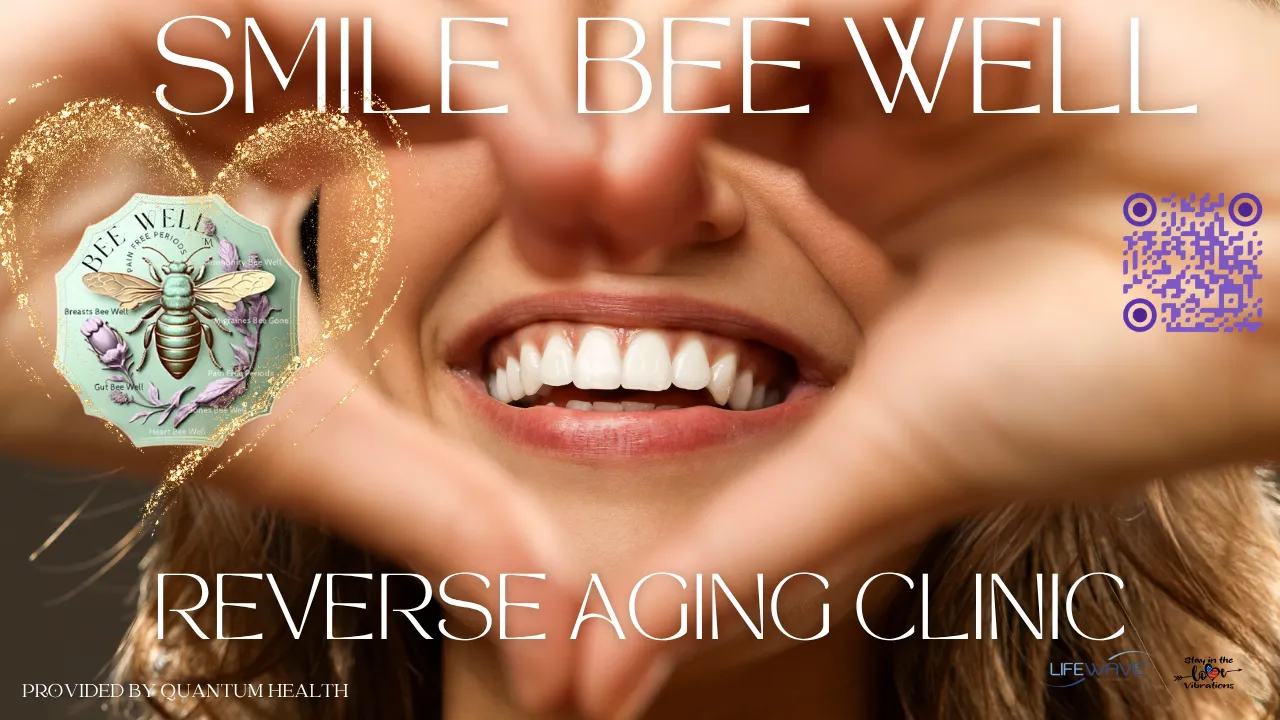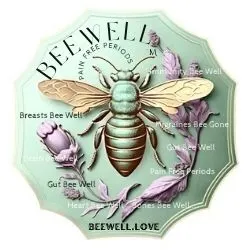Ditch & Switch?
What are toxic excipients or toxic additives doing in your supplements?!
Start Here
If you can't read it, don't eat it!!! Terrance Wayne
Excipients are binders, fillers and "glues" that are typically non-nutritive substances used in the manufacture of dietary supplements.
Would you want to consume anything that is not nutritive?
We believe it is unnecessary to take nutritional products that have questionable, non-nutritive excipients.
Please note: Tablets almost always contain excipients; therefore, we believe the best choice is to avoid dietary supplements that are in a tablet form.
Just a few examples of questionable excipients commonly found in dietary supplements:
Magnesium stearate — a cheap lubricating agentMethyl paraben — a benzoate family memberSilicon dioxide — a cheap flowing agentMethacrylic copolymer — methacrylic acid, a component of the methacrylic acid copolymerTriethyl citrate — a plasticizerTitanium dioxide — used for colorTalcum powder — a common excipient used for lubricating machines
Other Questionable but Common Tableting and Encapsulating Agents:
D&C Red #33 — used for colorMethyl p-hydroxybenzoate — a preservativeMethylparaben — a preservativePropylparaben — a preservativePolyethylene glycol — a cheap lubricating agentPropyl p-hydroxybenzoate — a preservativeSodium metabisulfite — a preservativeHydroxypropyl methylcellulose — a thickening agentRed ferric oxide-orange shade Sodium acetate — a seasoningEudragit
An In Vitro Screening Study of 196 Natural Products for Toxicity and Efficacy Jana Vol.2 No.1 Winter, 1999 edition Features a landmark study by Darryl M. See MD. - An In Vitro Screening Study of 196 Natural Products for Toxicity and Efficacy
ABSTRACT Americans consume billions of dollars worth of natural products each year. However, the toxicities and potential drug interactions of commonly used dietary supplements have not been closely evaluated. Additionally, claims of immune system enhancement, broad-spectrum anti-microbial activity and antioxidant action have not been sufficiently validated. To determine the potential for human cellular damage from the use of dietary supplements, toxicity in liver and peripheral blood mononuclear cells (PBMC) was evaluated in vitro. The effect of dietary supplements on cytochrome p450 system activity was tested because these liver enzymes are vital in the processing of many drugs, as well as normal substances. Therefore, any interference with this system by dietary supplements may lead to either elevated or diminished drug levels in the blood and may disrupt the metabolism of common substances. Natural killer (NK) cells are important in fighting cancers, viruses and certain bacteria. Therefore, the potential enhancement of NK cells by dietary supplements was tested to predict potential protection from these harmful elements. Free-radical (oxidative) damage is responsible for poor cellular function and premature aging. Thus, the capacity of dietary supplements to reduce these destructive processes was determined by increases in intracellular glutathione (GSH) levels. Viruses cause numerous illnesses in humans, ranging from the common cold to AIDS. Therefore, the potential antiviral activity of supplements was evaluated. Thus, the ideal supplements would be those that are non-toxic, cause no cytochrome p450 changes to any of the many enzymes in this system and are efficacious as defined by enhancement of NK function, antioxidant activity and protection against viruses. In this investigation, some dietary supplements had beneficial and some had detrimental effects. Only aloe, garlic and the three multiple-ingredient products containing glyconutrients were non-toxic, caused no cytochrome p450 activity and were effective in all three efficacy assays (NK cell enhancement, antioxidant activity and antiviral effect). Not all products that show potential in in vitro assays prove themselves clinically. However, the impressively positive results of these five products in this study have been and are being corroborated by clinical benefits in initial human studies. (Ambrotose (R)) “We have not met the criteria of publication frequency to get it on PubMed,” admitted Mr. Montgomery, who added that ANA is working toward making JANA’s library of archives available for free online. - See more at: http://www.nutraceuticalsworld.com/contents/view_online-exclusives/2008-01-01/the-american-nutraceutical-association-under-the-m#sthash.wvidqs7z.dpuf “Our goal is the dissemination of science-based information on the safe, effective use of nutraceuticals. We’re not out there to create a journal as a competitor to JAMA, or the New England Journal; we’re simply providing a forum for healthcare professionals based on science.” - See more at: http://www.nutraceuticalsworld.com/contents/view_online-exclusives/2008-01-01/the-american-nutraceutical-association-under-the-m#sthash.wvidqs7z.dpuf
Follow Us Forever...






Copyrights © ©2024 - 2025. Made by Manna Media - All rights reserved.
